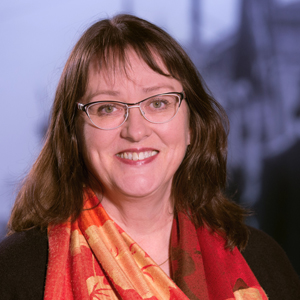
Pirjo Markkola
Director of HEX 2022-, Lived Welfare State Team Leader
Pirjo Markkola is professor of history specialized in gender history, history of children and childhood, and the history of Lutheranism and the welfare state in the Nordic countries. She is in charge of theme group Lived welfare state. Markkola’s own research focuses on the experiences of justice and injustice in child welfare. Another theme central to her research is lived religion and the Nordic welfare state.
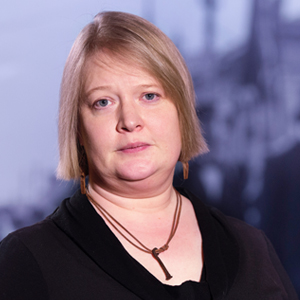
Raisa Maria Toivo
Vice Director of HEX 2022-, Lived Religion Team Leader
Raisa Maria Toivo works on the history of experience in the context of early modern religion, religious conflict, gender and family. She focuses on structural, social and shared experience. She heads the HEX group on ‘lived religion’, the Research Council of Finland funded project How did Finland Manage to Avoid Witch Hunts, and the Jalmari Finne Foundation funded project Biography as a Method for Early Modern History.
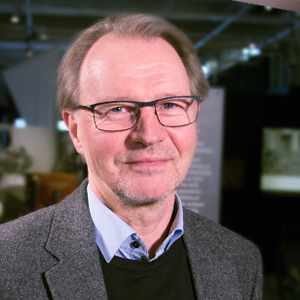
Pertti Haapala
Director of HEX 2018-2021
Pertti Haapala is professor (emeritus) of history and the first director of the CoE. His special areas of research are social history and methodology of history. In HEX (Lived Welfare State) his focus is in the study of social structures and life-chance, i.e. the “limits of experience”, and in the history of social sciences as national identity (Lived Nation).
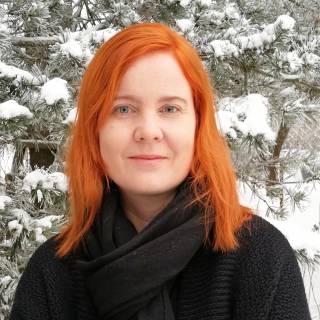 Tanja Vahtikari
Tanja Vahtikari
Senior Research Fellow, Lived Nation Team Leader, Board Member
Tanja Vahtikari is a specialist in history of heritage and urban history. Her research interests also include history of emotions and experiences, everyday nationalism and history of children, on which she works at HEX. Tanja is a PI in a research project “Baby Box as an Emotional Object: The Socio-material Experiences of the Finnish Welfare State from the 1930s to the Present,” funded by the Kone Foundation (2020–2024).
She is the author of Valuing World Heritage Cities (Routledge, 2017), co-editor of Lived Nation as the History of Experiences and Emotions in Finland, 1800–2000 (Palgrave, 2021) and co-editor of Humanistinen kaupunkitutkimus (Gaudeamus, 2021). She has co-authored a European Commission Policy Review Innovation in Cultural Heritage Research. For an integrated European Research Policy (2018). Tanja is on leave from her position as senior lecturer in historical methodology at Tampere University.
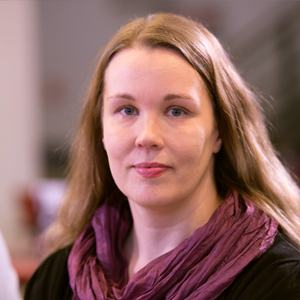
Johanna Annola
Academy research fellow, Lived Welfare state co-leader, Board Member
Academy research fellow Johanna Annola investigates three Finnish women’s prisons in the long nineteenth century. Her project concentrates on prison space, prison as a lived institution, the changing notions of discipline, and other gendered aspects of prison life. The aim of the project is to deliver new knowledge about the production of prison and also about underprivileged individuals’ experience of modernisation in northern Europe. Previously, Annola has been working on poorhouses, Magdalene asylums, and grassroots level experiences of social mobility.
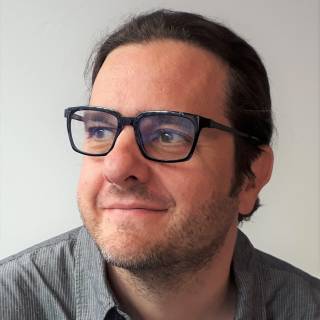
Daniel Blackie
Senior research fellow
Daniel Blackie specialises in the history of disability, c. 1700–1900. As a member of the ‘Lived Religion and the Changing Meaning(s) of Disability’ team working at HEX, his current research focuses on the significance of religious beliefs and practices to understandings and experiences of disability during the Industrial Revolution.
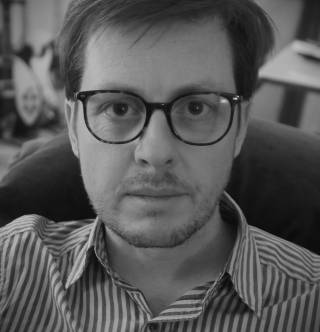
Rob Boddice
University Researcher
Rob Boddice (PhD, FRHistS) joined HEX in 2020. He has previously held positions at Harvard University, the Max Planck Institute for Human Development, and Freie Universität Berlin. He is Adjunct Professor at the Department of Social Studies of Medicine, McGill University. Boddice has published extensively in the history of medicine, the history of science and the history of emotions. His works have been translated into 12 languages. Recent titles include Emotion, Sense, Experience, with Mark Smith (Cambridge University Press, 2020), Humane Professions: The Defence of Experimental Medicine, 1876-1914 (Cambridge University Press, 2021), Feeling Dis-Ease in Modern History: Experiencing Medicine and Illness (Bloomsbury, 2022), edited with Bettina Hitzer, Knowing Pain: A History of Sensation, Emotion and Experience (Polity, 2023), and the second edition of The History of Emotions (Manchester University Press, 2024). He is currently working on The Power of Belief: Why the Science and History of Placebo Matter to Modern Medicine (Reaktion, 2026).
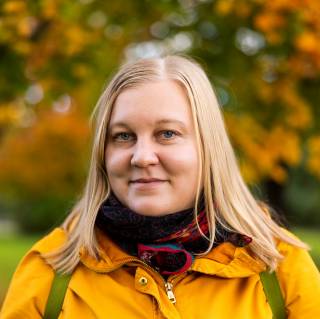
Reetta Eiranen
Postdoctoral Researcher
Reetta Eiranen is a Postdoctoral Research Fellow at the Tampere Institute for Advanced Study and the Research Council of Finland’s Centre of Excellence in the History of Experiences at Tampere University. She has worked as a Visiting Researcher at the Center for the History of Emotions at the Max Planck Institute for Human Development in Berlin. Her project ’Gender, Experience and Ambivalent Nationalism in Nineteenth-century Finland’ studies gendered experience of nationalism and its ambivalences. Theoretically and methodologically, she is interested in hermeneutics, narrative approaches, biographical research and letters. She is a member of the editorial staff in Historiallinen Aikakauskirja (Historical Journal).
Personal profile page | Twitter
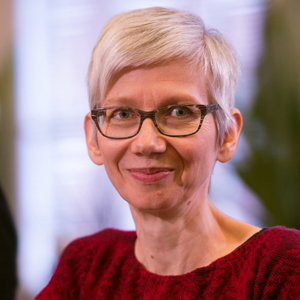
Minna Harjula
University Researcher
University researcher Minna Harjula has specialized in the history of welfare policies. She focuses on lived welfare state as experienced encounters between citizens and local social security institutions in Finland in the 1930s-1980s. By analyzing the divergent experiences of individual-society relationship in these encounters, her study opens a perspective to the lived construction and legitimation of Finnish welfare state. Previously she has focused on disability history, health policy, health citizenship and on the linkage between political and social citizenship in Finland in the late nineteenth and twentieth century.
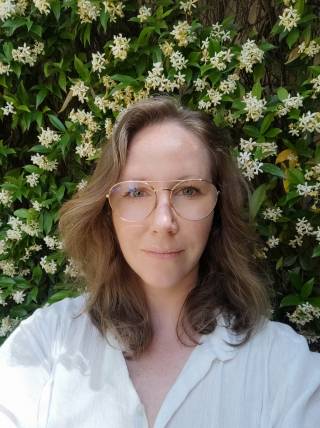 Anna-Stina Hägglund
Anna-Stina Hägglund
Postdoctoral Researcher
Anna-Stina Hägglund is a postdoctoral researcher in the project Lived Religion in Medieval Finland. Her areas of expertise are the social and cultural history of pious donations, Birgittine monasteries, and the history of the Baltic Sea Region. Within the frames of the project Lived Religion in Medieval Finland she studies dating practices of medieval charters and references to feast days of saints in the diocese of Turku. She also studies the Birgittine monastery Nådendal and the lived religious practices of its benefactors.
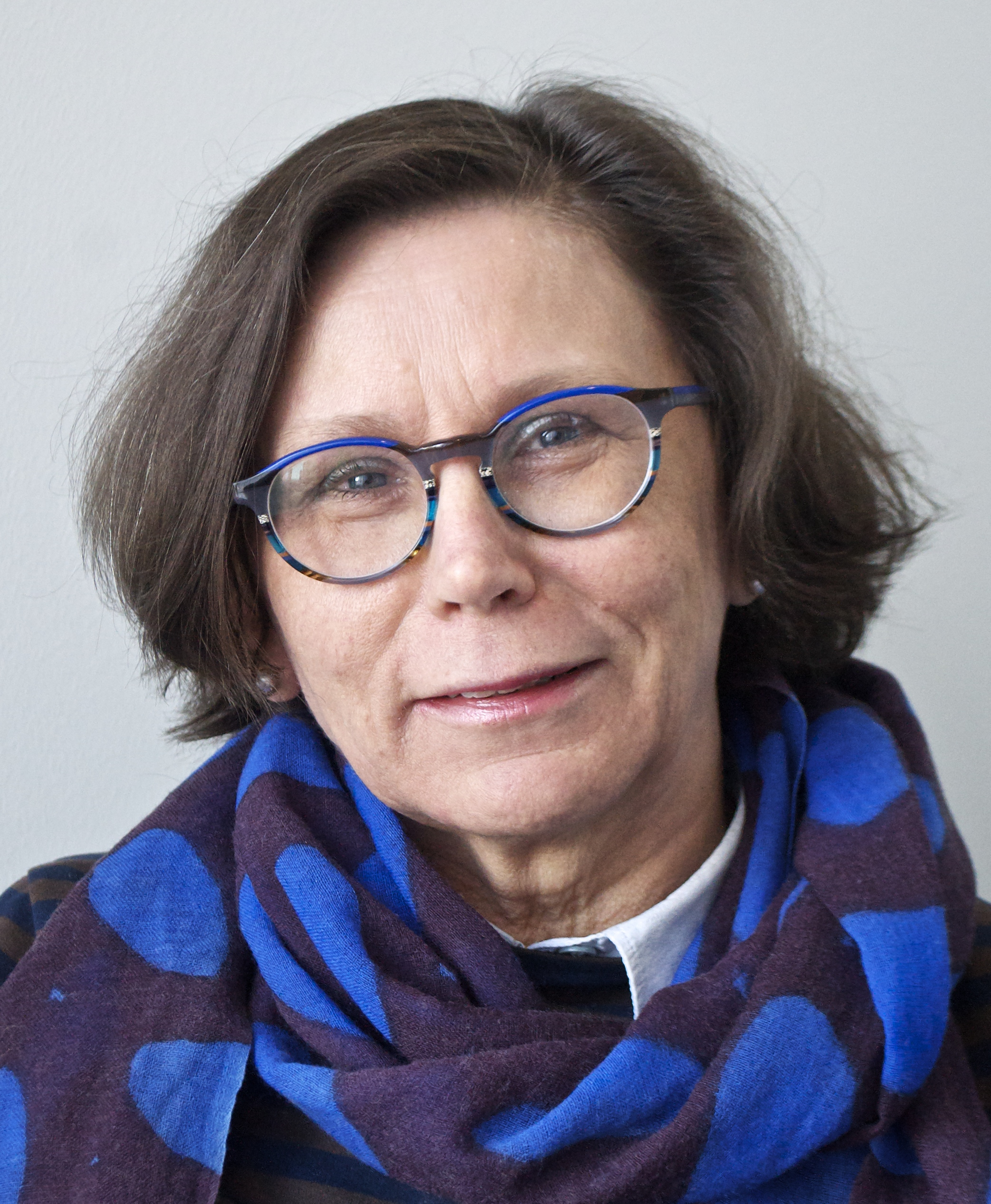
Mervi Kaarninen
Senior Lecturer
Mervi Kaarninen focuses on the living conditions of children and youth and relations between children and parents during the crises of the twentieth century. Mervi Kaarninen has published several books and articles on the Finnish childhood and youth, on gender history and on the social history of education.
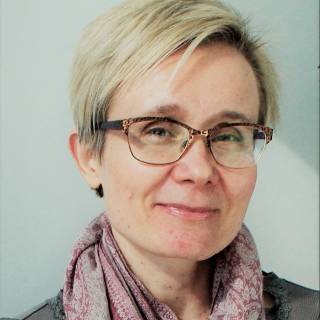
Sari Katajala-Peltomaa
Professor of Cultural history, University of Turku
Sari Katajala-Peltomaa studies late medieval lived religion by analysing rituals, sermons and miracle narrations. Her work concentrates on how religion-as-lived turned norms and values into social actions and performances – and how rituals and narrations in turn shaped values and institutions. Currently she analyses “imagined experiences” and sensory elements in creating the sacred in sermons of Vadstena Abbey from 15th century.
Lived Religion in Medieval Finland -Project Page
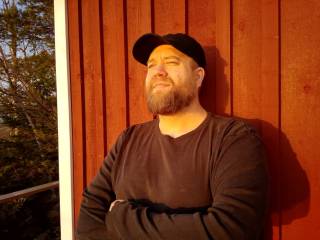 Mikko Kemppainen
Mikko Kemppainen
Postdoctoral Researcher/Coordinator, Board Secretary
In his studies, postdoctoral researcher Mikko Kemppainen focuses on the interaction between political ideas, religion and gender. In 2020, he defended his doctoral dissertation on Finnish female working class authors at the beginning of the 20th century. Kemppainen acts also as the HEX coordinator.
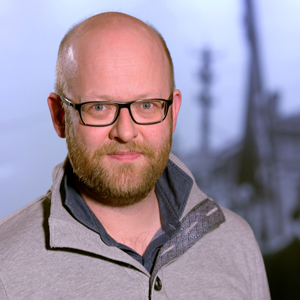
Ville Kivimäki
Research director, Finnish Literature Society
Ville Kivimäki has specialized in the social and cultural history of the Second World War and its aftermath and in the intertwined histories of trauma, gender, nationalism, experience and emotions. He has also studied war-related remembering, memory politics and the communities of experience. At HEX, Kivimäki led the Lived Nation research team in 2018–2023 and he continues to lead the Research Council of Finland’s research project “Unequal War: Vulnerability, Stress and Survival in the Finnish Army during World War II.
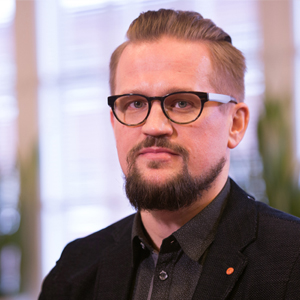
Heikki Kokko
University Researcher
Heikki Kokko specializes in the social and cultural history of experience. He is interested in interplay between historical experiences, socio-cultural structures, and knowledge. Alongside HEX member Minna Harjula, he has published on the theory and methodology of the social history of experience. In his empirical work, Kokko has focused on the mid-19th century nationwide culture of readers’ letters to the press in Finland. Kokko has studied the emergence of this culture of local letters and its role in the construction of early social citizenship, the emergence of nationalism on the individual level, the relationship between religion and modernization, and the emergence of the modern self.
Kokko is the developer, designer, and project director of the digital Translocalis Database, which contains all the readers’ letters published in the name of local communities in century Finnish press from 1775 to 1885. The Translocalis has been published as part of the cultural heritage collections of the National Library of Finland in 2023.
Personal profile page | Translocalis Database| Twitter | Academia.edu
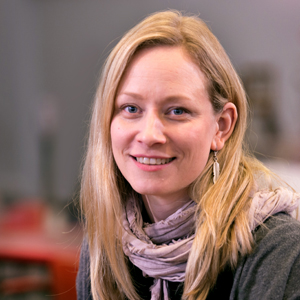
Jenni Kuuliala
Senior Lecturer, University of Turku
Jenni is a historian of late medieval and early modern sainthood, dis/ability, healing, and religious experience. In her current research project, she analyses the ways lived religion and the experience of infirmity intertwined, with a particular focus on early modern Italy. She is also leading the HEX research project ‘Lived Religion and the Changing Meaning(s) of Disability from the Late Middle Ages to the Industrial Revolution’ funded by the Research Council of Finland.
Twitter | Academia.edu profile | vammaisuudenhistoria.fi | Lived Religion and the Changing Meaning(s) of Disability | Personal profile page
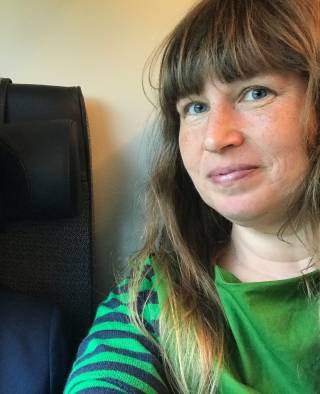 Sofia Lahti
Sofia Lahti
Postdoctoral Researcher
Sofia Lahti is an art historian specialized in medieval reliquaries, religious images and artefacts in the Nordic countries. She works in the projects Lived Religion in Medieval Finland (Tampere University), Mapping Lived Religion: Medieval Cults of Saints in Sweden and Finland (Linnaeus University, Sweden) and Fragmentation and Iconoclash in Medieval and Early Modern Objects (Helsinki University). In these projects, she studies Nordic medieval artefacts as manifestations of lived religion and their varying processes of fragmentation, disappearance and survival since the Middle Ages.
Project websites:
https://projects.tuni.fi/elettyusko/
https://blogs.helsinki.fi/kuvakalske/
Academia profile: https://linnaeus.academia.edu/SofiaLahti
 Tuomas Laine-Frigren
Tuomas Laine-Frigren
Postdoctoral Researcher
Tuomas Laine-Frigren is a postdoctoral researcher specialized in the history of childhood, mental health and psychology. In HEX, Laine-Frigren studies the readjustment of child evacuees returning to Finland after WWII. The research focuses on encounters between child experts and ‘war children’ but also sets out to interpret children’s own coping strategies and what might be called their lived experience. In his previous research, Laine-Frigren has studied psychological expertise and social planning in Cold War Hungary, rehabilitation of disabled veterans in Post-WWII Finland, and political construction of collective victim identities.
 Virva Liski
Virva Liski
Virva Liski has studied the aftermath of the Finnish civil war concentrating on the survival strategies of red side female prisoners of war, psychological reactions among white guard veterans and intergenerational trauma in family memory. Her research focuses on gendered histories of survival and trauma in the context of war experience. In HEX, Liski works in Research Council of Finland’s project “Unequal War: Vulnerability, Stress and Survival in the Finnish Army during World War II” studying the division of death, violence and war stress in the Finnish Army.
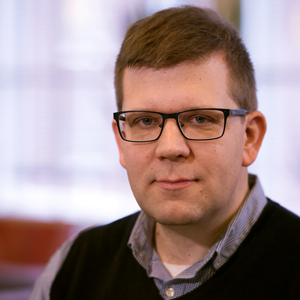
Antti Malinen
Postdoctoral Researcher
Antti Malinen is a postdoctoral researcher specialized in the history of childhood and family life. His main research focus is on how societies, institutions and especially families and children are coping and how they are influenced by political and social crises, including military conflicts. In HEX Malinen will investigate how children have experienced and articulated their feelings of distress in 20th century Finland, both in writing and through drawings, and also in their behaviour and bodily expressions.
Malinen has written extensively on the social history of post-WWI and WWII Finland, especially from the perspectives of experiences, emotions and gender. In his recent non-fiction book (2017, Gaudeamus) Malinen studied the experience of post-war Finnish childhood. Currently he is writing a book on the role of friendships in children’s lives and welfare.
Malinen also manages a webpage www.lapsuudenhistoriaa.fi (in Finnish) specialized on the history of childhood.
Lapsuuden historiaa (@antti__malinen) / Twitter
https://www.instagram.com/lapsuudenhistoriaa.fi/
Academia.edu profile | ResearchGate profile
 Riikka Miettinen
Riikka Miettinen
Senior Research Fellow, Lived Religion Team co-leader, Board Member
Riikka Miettinen is a historian specialized in early modern Sweden and Finland and the history of disability, madness and poor relief. She studies the interconnections between lived religion, welfare and the experiences of people whose minds or bodies were considered deviant. In particular, she is interested in the early modern welfare and care systems and religion influencing the everyday lives and treatment of disabled and ‘mad’ persons. She is also a member of the Research Council of Finland project ‘Lived Religion and the Changing Meaning(s) of Disability from the Late Middle Ages to the Industrial Revolution’. She has previously worked on the history of suicides and death, the rural landless and disability history. Her publications include a monograph based on her PhD thesis, Suicide, Law, and Community in Early Modern Sweden (Palgrave Macmillan, 2019).
Lived Religion and the Changing Meaning(s) of Disability
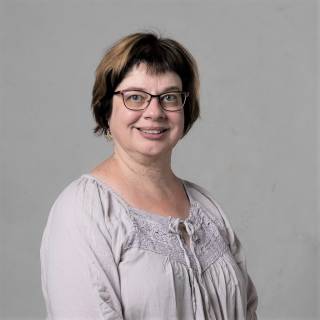 Tiina Miettinen
Tiina Miettinen
University Research Fellow
Tiina Miettinen has studied early modern family history in Finland from the perspective of single women. She has also specialized pre-modern European genealogy, and how changing knowledge of roots and ancestry during the centuries has affected to the understanding what family is and what ‘family’ means or should mean. As a researcher in the project “How did Finland manage to avoid witch hunts? Action and experience in de-escalating persecution” Miettinen focuses on the ways people sought to de-escalate witchcraft rumours and control trials in the Häme region in 16th and 17th century Finland. Likewise, she works on historiography of the The Helkajuhla tradition (Whitsun festivals) in pre-modern Finland.
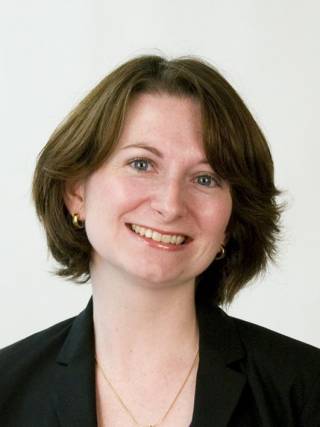
Stephanie Olsen
University Researcher
Stephanie Olsen (Ph.D, FRHistS) is an historian of childhood, youth, education, experiences and the emotions, with a particular focus on the British world in the nineteenth and twentieth centuries. She is the author of Juvenile Nation: Youth, Emotions and the Making of the Modern British Citizen (Bloomsbury, 2014), co-author of Learning How to Feel: Children’s Literature and the History of Emotional Socialization, c. 1870-1970 (Oxford University Press, 2014), and editor of Childhood, Youth and Emotions in Modern History: National, Colonial and Global Perspectives (Palgrave, 2015). Her research focuses on the ‘Lived Nation’ in the context of the British Empire, specifically children’s education and the cultivation of hope in the First World War. She is the co-editor of The Cultural History of Youth (6 volumes, Bloomsbury, 2023) and Children, Childhood and Youth in the Long Nineteenth Century (4 volumes, Routledge, 2023), and edits the journal History of Education.
Curriculum Vitae | Twitter | Academia.edu profile | Website
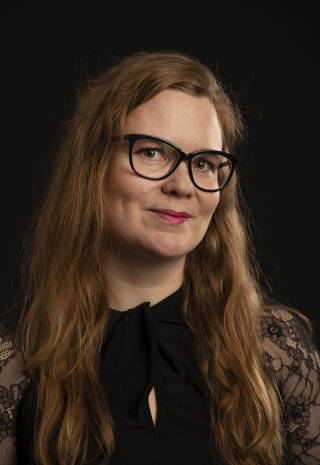
Katariina Parhi
Postdoctoral researcher
Katariina Parhi is a historian of science and ideas who works on Finnish correctional labor facilities from the 1920s until the 1980s (funded by the Research Council of Finland, 2021-2024). Her dissertation (2018) deals with the history of the diagnosis of psychopathy in Finland. She has also written a book on the topic titled Sopeutumattomat: Psykopatian historia Suomessa (Siltala, 2019). Since then, Parhi has worked on the history of epidemiology and is one of the editors of Historical Explorations of Modern Epidemiology: Patterns, Populations and Pathologies (Palgrave Macmillan, forthcoming in 2022). She is also working on a monograph about drug-using young people and their treatment in the 1960s and 1970s.
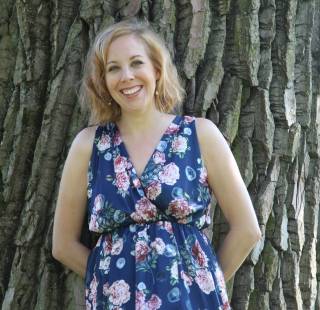
Rose-Marie Peake
Postdoctoral Reseacher
Rose-Marie Peake (pronouns she/her/hers) specializes in early modern history, especially gender, body, and sexuality. She is currently working on an Academy of Finland funded project on queer lived religion in seventeenth-century France.
She earned her PhD in History at the University of Helsinki in 2016. Her monograph The Power of Religious Societies in Shaping Early Modern Society and Identities (Amsterdam University Press, 2020) is based on her PhD dissertation. Her other contributions include the volume Lived Religion and Everyday Life in Early Modern Hagiographic Material (Palgrave MacMillan, 2019) edited together with Jenni Kuuliala and Päivi Räisänen-Schröder, and Korsetti ja krusifiksi – vaikutusvaltaisia barokin ajan pariisittaria (“Corset and crucifix – influential Parisian women in the age of the Baroque“, Gaudeamus, 2019) together with Riikka-Maria Rosenberg.
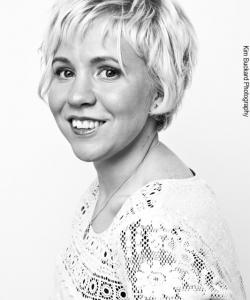 Godelinde Perk
Godelinde Perk
Postdoctoral Researcher
Godelinde Gertrude Perk is a literary scholar whose research focuses on medieval women’s writings in north-western European vernaculars and on medieval spiritual and literary culture, with a particular interest in encounters between modern theory and medieval religious literature. As part of the ‘Lived Religion and the Changing Meaning(s) of Disability’ team, her current project (‘Cripping Sisterhood’) examines the interplay between community and disability in collections’ of nuns’ lives (sister-books) from the Low Countries and nuns’ letters from northern Germany, approaching medieval disability through the precepts of modern disability studies. Before moving to Tampere, she was a Marie Skłodowska-Curie Fellow at the University of Oxford with an EC-funded MSCA-IF project, ‘Women Making Memories: Liturgy and the Remembering Female Body in Medieval Holy Women’s Texts’. She has published extensively on Julian of Norwich (c. 1343–c. 1416), Margery Kempe (1373–after 1439), sister-books, memory, and the body.
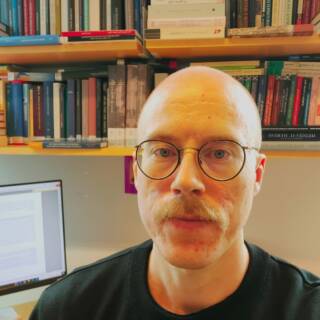 Saku Pihko
Saku Pihko
Postdoctoral Researcher
Saku Pihko is a postdoctoral researcher in the Lived Religion team at HEX. A specialist in medieval inquisition records and heretical religiosity, he is currently pursuing research on religious belief as a dimension of experience and the process of believing as an element of lived religion. In his doctoral dissertation (2023), he studied information behaviour and dissident lived religion in inquisition records from 13th- and early-14th-century Languedoc. He is also an expert in the source critical methodology of medieval legal records.
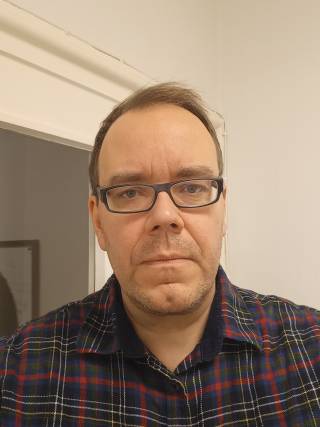
Aapo Roselius
Aapo Roselius has specialized in the history of the 1918 Civil War in Finland and the remembrance of the war. He has also published on rightwing mobilization during the 1930s and on the resettlement of Karelian refugees during and after the second world war. At HEX he works as researcher in the Academy of Finland research project “A Dim Light of Dawn: Finnish Post-Cold War Experiences Between East and West, 1989–1995”.
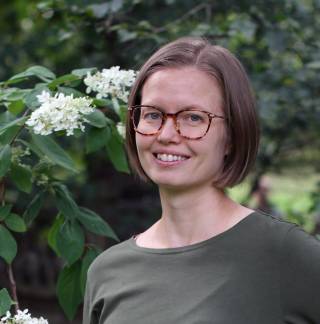
Sinikka Selin
Postdoctoral Researcher
Sinikka Selin is a historian with a keen interest in the history of youth, education, and possible futures. After defending her doctoral dissertation, she has researched the identification of young Karelians in modern Finland and the Finnicization of Border Karelia during the 1920s and 1930s. At HEX Selin serves as a postdoctoral researcher on the project “A Dim Light of Dawn: Finnish Post-Cold War Experiences Between East and West, 1989–1995”, which is funded by Research Council of Finland. Her research primarily focuses on the perspectives and experiences of young people concerning Finnishness and Europeanness in the time of heated discussion on whether Finland should join the European integration.
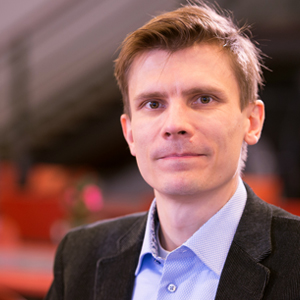
Sami Suodenjoki
University Researcher
Sami Suodenjoki is specialized in labour history, popular politics and rural modernization. His HEX project deals with the experiential bases of political mobilisations in Finland and the Russian empire in the late nineteenth and early twentieth centuries. Suodenjoki focuses on how ordinary people’s encounters with the imperial authority shaped popular experiences of the empire and how these lived experiences linked with class and national identities. He also studies the experiences of inclusion in and exclusion from local government by charting the establishment of municipal councils in the Finnish countryside.
Twitter | Personal profile page
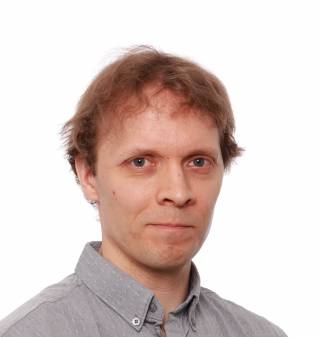
Ilari Taskinen
Postdoctoral Researcher
Ilari Taskinen is social and cultural historian specialized in the experiences of war. He has studied topics such as wartime letter writing, intimate relationships, and gendered emotions, with focus on their analysis with large digital data. Currently he studies the socially uneven burden of war experiences in World War II Finland in the Research Council of Finland funded project “Unequal War: Vulnerability, Stress and Survival in the Finnish Army during World War II” and the historical analysis of digitized private letters in project “DIGIKÄKI – Digital History and Handwritten Sources”.
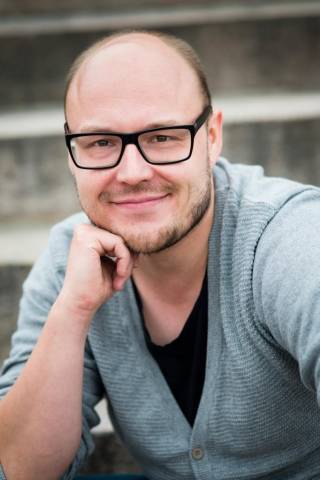
Tuomas Tepora
University Researcher
Tuomas Tepora joined HEX in September 2021. He has previously held positions and fellowships at the University of Helsinki, Helsinki Collegium for Advanced Studies, at Queen Mary College, University of London and at Max Planck Institute for Human Development in Berlin. He has and published on the history of emotions, commemoration, and the cultural history of war in connection with 20th-century conflicts. At HEX, he works as a PI of the Research Council of Finland project “A Dim Light of Dawn? Finnish Post-Cold War Experiences Between East and West, 1989–1995”. In the project, he is particularly interested in post-Cold War communities as liminal experiences during the early 1990s interregnum.
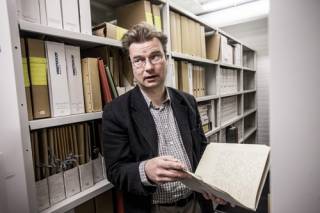 Marko Tikka
Marko Tikka
University Researcher
PhD, (Title of Docent) Marko Tikka is university researcher in History in Tampere University. His research interests are in twentieth-century history, especially the history of the 1918 Civil War in Finland, transition-from-war-to-peace processes and the history of the Finnish popular music. In the Lived Nation Team he will focuse on ideas of the nation in early Finnish popular music and on the processes in restitution of the historical injustices in Finland.
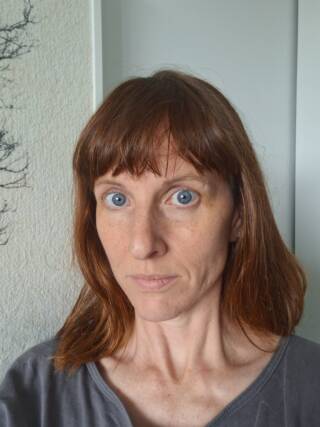 Tessa Whitehouse
Tessa Whitehouse
Senior Research Fellow
Tessa Whitehouse researches religious minorities in period 1660-1830. She has published on dissenting education, women’s epistolary networks, spiritual autobiography and the material culture of life cycle events. At HEX, she is part of the Lived Religion team and is working on ‘Mapping Multifaith London’, an interdisciplinary project that seeks to chart the sites of religious minority practice in eighteenth century London. The project hosts a blog here: mml.hypotheses.org and is developing an interactive map. Tessa’s book on Huguenots, Jews and Catholics in London has been commissioned by Cambridge University Press.
Affiliated members
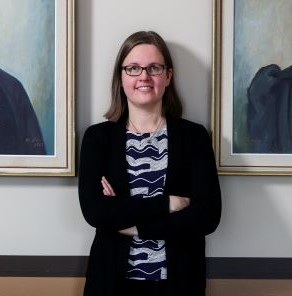 Miia Kuha
Miia Kuha
Postdoctoral Researcher
Postdoctoral researcher Miia Kuha studies the roles, agency, and position of clergymen’s wives and widows in Lutheran parish communities in the eastern parts of the Swedish kingdom (1650–1710). She analyses how the lived experience of a clergyman’s wife – an exemplary female Christian, but also the mistress of the parsonage – was formed and constructed in the cultural and social exchange in rural parish communities. Kuha has previously published articles on lived religion among the peasantry as well as the development of modern cultural history in Finland and Sweden.
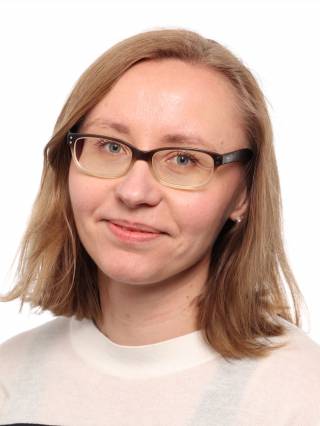 Hanna Lindberg
Hanna Lindberg
Senior Research Fellow
Dr Hanna Lindberg is Senior Research Fellow at the Department of Culture, History and Philosophy at Åbo Akademi University, Finland, and an associate member of HEX. She is specialized in minority, disability, and gender history as well as in the history of the Nordic welfare state. Her current research focuses on Finland-Swedish minority welfare and disability policies during the second half of the twentieth century. She is the co-editor of the volume Lived Institutions as History of Experience (Palgrave Macmillan, forthcoming 2023).
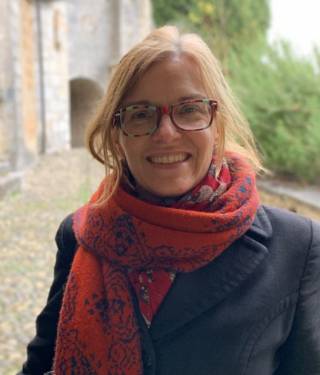
Karen McCluskey
Associate Professor
Karen is an art historian with a particular research focus on art and lived religious experience in the later Middle Ages. She is currently interrogating the possibilities inherent in the intersection of art history and the history of experience. In her current HEX projects, she is exploring how the artistic record can illuminate the experience of the cult of St Christopher in Renaissance Venice and interrogating what an overpainting by a group of nuns on Paolo Veneziano’s Vita panel of Leone Bembo (c.1350) can reveal about the broader lived experience of the women who inhabited the convent of San Lorenzo in Venice.
Karen is the author of ‘New saints in Late-Mediaeval Venice, 1200-1500: a typological study’ (Routledge, 2020). Two recent chapters with a HEX focus include: ‘When the Fury of the Proud Sea Re-awoke’: Water, Devotion, and Lived Experience in Renaissance Venice’ in Lived Religion and Everyday Life in Palgrave’s Studies in the History of Experience (2019) and ‘Ability and Disability in the Pictorial Vitae of beata Fina in Fifteenth Century San Gimignano’, Routledge Companion to Art and Disability (forthcoming late 2021).
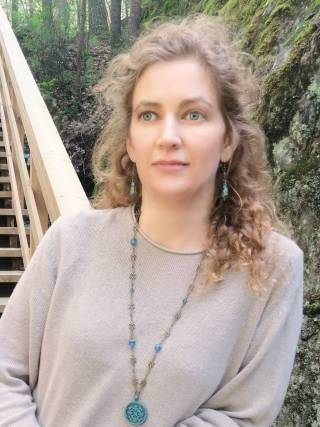 Heidi Morrison
Heidi Morrison
Senior Research Fellow
Heidi Morrison is a specialist in modern Middle East history, the history of childhood, and oral history. She seeks to better understand the lived experience of children and youth in modern and contemporary global history, particularly as it relates to the nation. Her work on the history of experience employs the technique of portraiture, which blends artistic expression with systematic empirical research to capture the complex and subtle dynamics of human experience (Lawrence-Lightfoot and Davies, 1994). Heidi is on leave from her position as associate professor of history at the University of Wisconsin, La Crosse in the USA.
She is co-general editor of the forthcoming 6-volume Bloomsbury Cultural History of Youth and 4-volume Routledge History of Children and Childhood. She is currently working on an edited volume about lived resistance among Palestinian children and a monograph on narration, memory, and children’s trauma in Palestine. While at HEX, Heidi will begin a new joint project with the Tampere University medical school on the history of children’s global health. Heidi is the author of Childhood and Colonial Modernity in Egypt (Palgrave 2015) and the editor of The Global History of Childhood Reader (Routledge 2012).
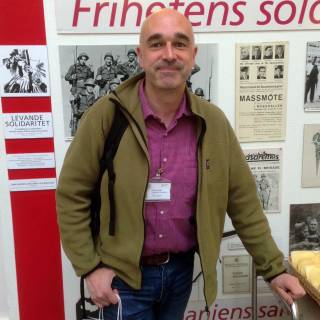 Andrew G. Newby
Andrew G. Newby
Kone Foundation Senior Research Fellow
Andrew Newby is a specialist in international history (particularly of the “Long Nineteenth Century”) and Docent in European Area and Cultural Studies. His particular focus in HEX is on the Great Finnish Famine of the 1860s, particularly in comparative perspective (in terms of local and national governance, and commemoration / memorialisation). His current project at Tampere Institute for Advanced Social Research examines the international aid which was sent to Finland in the 1850s and 60s, the reasons for that aid, and how it was distributed.
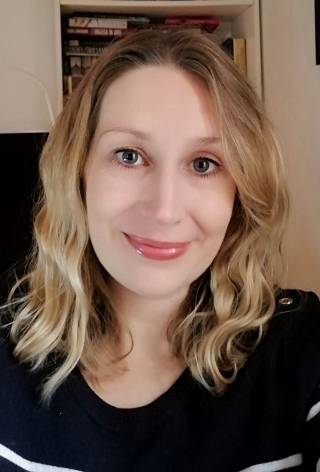
Louise Settle
Postdoctoral Researcher
Louise Settle is postdoctoral researcher who specialises in the history of crime, gender and social work in Britain during the twentieth century. In HEX she is completing a book project on the history of probation in Britain (1907-1960) which explores the role of the British state in policing interpersonal relationships and emotions. The project focuses on how the everyday practices of probation policies influenced the experiences of probationers convicted for offences such as domestic violence, attempted suicide, prostitution, gross indecency and indecent assault.
Louise has previously published on the history of prostitution, the geography of crime, and child sexual abuse. A monograph based on her PhD thesis, Sex for Sale in Scotland: Prostitution in Edinburgh and Glasgow, 1900-1939, was published by Edinburgh University Press in 2016.

